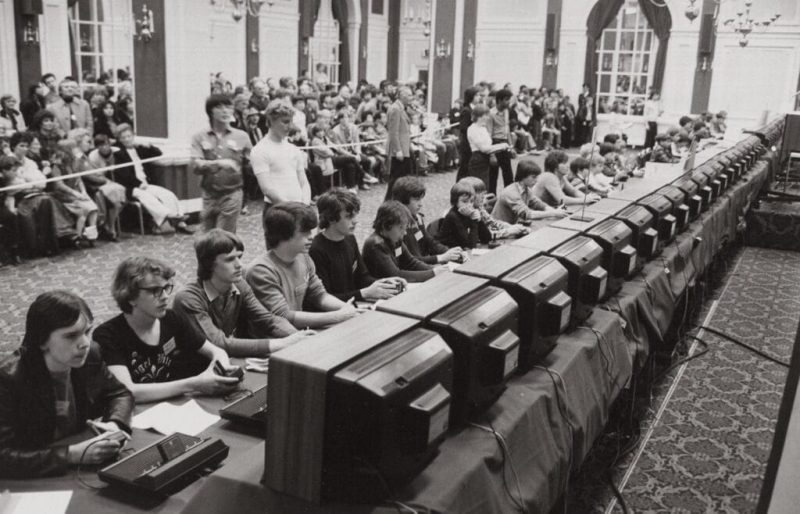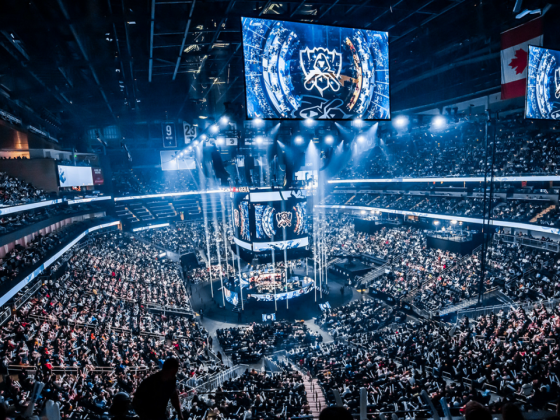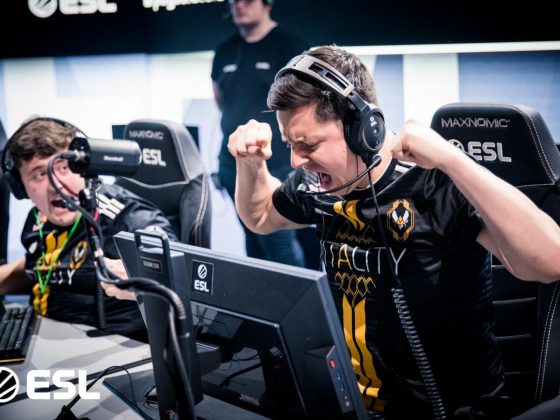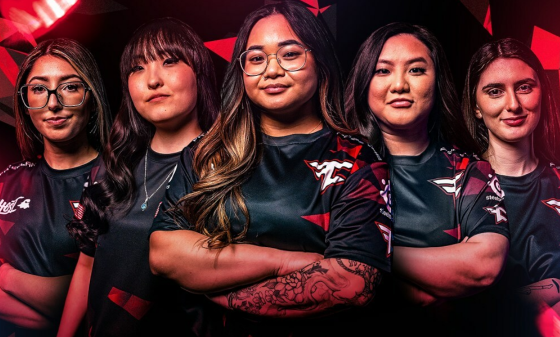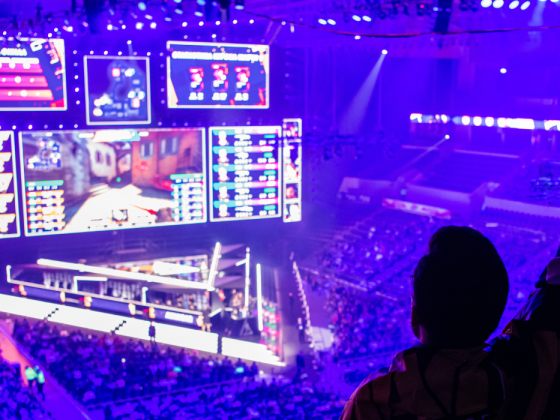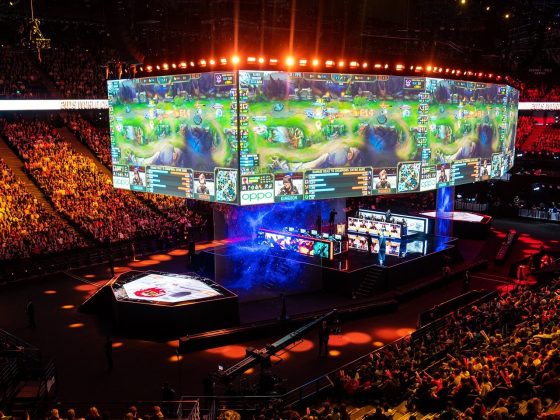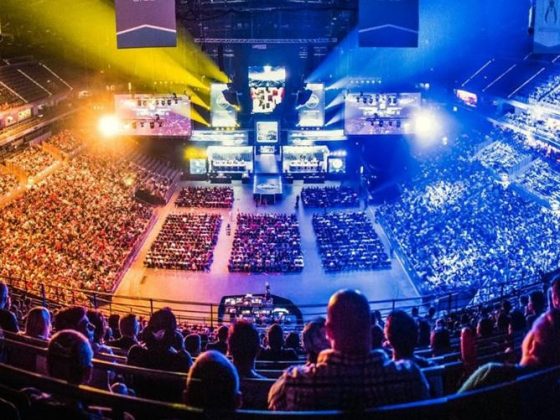In recent years, the world of competitive video gaming, known as eSports, has experienced a meteoric rise in popularity and recognition. Once relegated to the fringes of the gaming community, eSports has evolved into a global phenomenon with a massive following, lucrative sponsorships, and professional players who are celebrated like traditional athletes. To truly appreciate the current state of eSports, we must delve into its history and evolution.
The Birth of eSports
The concept of competitive gaming dates back to the early days of video games themselves. In the 1970s and 1980s, arcade gaming tournaments became popular, with players competing for high scores and prizes. However, it wasn’t until the 1990s that competitive gaming began to take on a more organized and recognizable form.
One of the key milestones in eSports history was the advent of “Quake” tournaments in the mid-1990s. These early competitions laid the foundation for what would later become professional eSports. Players from around the world would gather to compete in first-person shooter games, drawing the attention of sponsors and the media.
The Rise of StarCraft and South Korea
In the late 1990s and early 2000s, South Korea emerged as a dominant force in eSports, thanks in large part to the popularity of “StarCraft.” The game’s real-time strategy (RTS) mechanics and depth led to a dedicated fanbase and a competitive scene like no other. South Korean players, in particular, dominated the international eSports circuit, earning the nickname “eSports Mecca.”
The rise of South Korean eSports was further facilitated by the advent of television networks dedicated to gaming content, most notably Ongamenet and MBC Game. These networks broadcasted live eSports events, turning professional gamers into celebrities and cementing eSports as a mainstream form of entertainment.
The Influence of MOBAs and Twitch
The mid-2000s brought about a new era of competitive gaming with the popularity of Multiplayer Online Battle Arena (MOBA) games like “League of Legends” and “Dota 2.” These titles attracted massive player bases and viewership, leading to the establishment of leagues and tournaments with multi-million-dollar prize pools.
Moreover, the rise of live streaming platforms like Twitch allowed fans to watch their favorite players and teams in action in real-time. This unprecedented access to content further fueled the growth of eSports, as fans could interact with their favorite players, learn from their gameplay, and contribute financially through donations and subscriptions.
The eSports Ecosystem Today
Fast forward to the present, and eSports has become a billion-dollar industry. Major tournaments like “The International” for Dota 2 and the “League of Legends World Championship” draw millions of viewers and offer staggering prize money. Major organizations, such as Team Liquid, Fnatic, and Cloud9, boast rosters of talented players who compete across various games.
The eSports ecosystem has also attracted mainstream attention, with traditional sports franchises, celebrities, and corporate sponsors investing in teams and events. This crossover has blurred the lines between traditional sports and eSports, further legitimizing competitive gaming as a legitimate and respected industry.
Conclusion
The rise of eSports has been nothing short of spectacular. From its humble beginnings in arcade tournaments to becoming a global phenomenon with a massive following, eSports has transcended its niche origins. It now stands as a legitimate form of entertainment, complete with professional players, lucrative sponsorships, and a dedicated fanbase. As eSports continues to evolve, it’s clear that its influence on the world of gaming and entertainment is here to stay.
In the coming years, we can expect even greater growth, as new games, technologies, and investment opportunities continue to shape the landscape of competitive gaming. Whether you’re a die-hard fan or new to the world of eSports, there’s no denying that it has earned its place in the spotlight of the entertainment industry.
